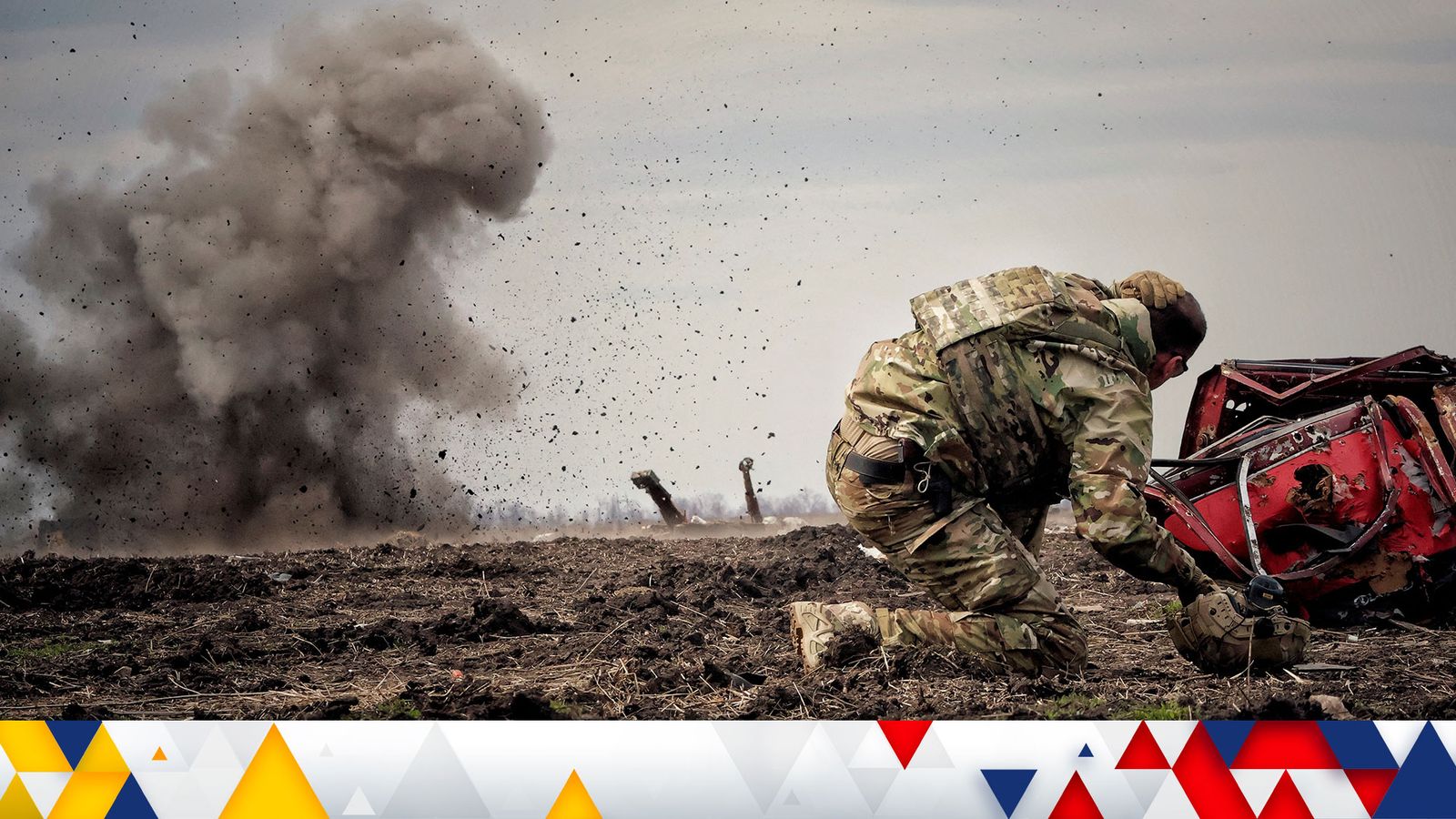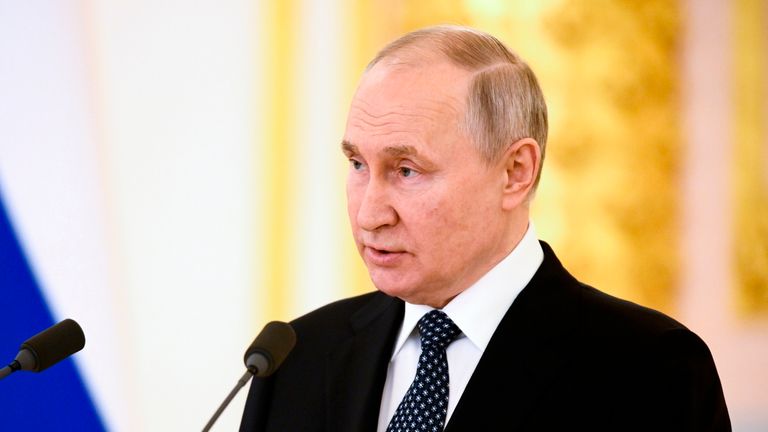The Ministry of Defence has refused to deny UK special forces have been operating in Ukraine after US classified military documents were allegedly leaked and published online.
The claims have been widely reported after the documents were shared on Twitter and Telegram.
A Ministry of Defence spokesperson has warned against taking allegations contained in the reported leak at “face value”.
A spokesperson said in a message posted on Twitter: “The widely reported leak of alleged classified US information has demonstrated a serious level of inaccuracy.
“Readers should be cautious about taking at face value allegations that have the potential to spread disinformation.”
Media outlets have reported that a document, dated 23 March, indicates as many as 50 UK special forces personnel have been deployed to the country alongside other western special forces.
But the document reportedly does not state where the allegedly deployed forces are located or what they are doing.
Chris Meagher, a spokesman for the Pentagon, has urged caution in “promoting or amplifying any of these documents”, adding that “it does appear that slides have been doctored”.
The documents may first have been published in a chatroom on Discord, a social media platform popular with gamers, Associated Press reported.
An unidentified chatroom user shared documents that were allegedly classified, first typing them out with their own thoughts, then, as of a few months ago, beginning to post images of papers with folds in them.
The posts appear to have gone unnoticed outside of the chat until a few weeks ago, when they began to circulate more widely on social media.
Many details shared by the person have not been independently verified and the original chatroom has been deleted.
Asked on Monday if the US government was effectively waiting for more intelligence documents to show up online, National Security Council spokesman John Kirby replied: “The truth and the honest answer to your question is: We don’t know. And is that a matter of concern to us? You’re darn right it is.”
It comes after the US defence department began investigating who is responsible for the potentially damaging leak.
Read more:
Russian ambassador has ‘evidence’ UK special forces involved in attack
The New York Times, which first reported the breach, quoted military analysts as saying the files appear to have been modified in certain parts, which could point to an attempt by Moscow to spread disinformation.
Wall Street Journal correspondent Yaroslav Trofimov said Russian propaganda channels appeared to have photoshopped at least one of the documents after the original ones were posted.
Mr Trofimov noted how there was suddenly a significant increase in the number of Ukrainian casualties and equipment losses recorded and a massive decrease in the Russian battle damage.
Ukrainian presidential official, Mykhailo Podolyak, said the leak looked like a Russian disinformation operation, saying that it contained a “very large amount of fictitious information”.
Click to subscribe to Ukraine War Diaries wherever you get your podcasts
The act of stealing secret documents and leaking them either with or without modifications is a long-standing weapon of information warfare designed to undermine an opponent.
It would benefit Russia for information about Ukraine’s battle plans and Western support to be leaked online.
The classified files – including one marked “top secret” and another marked “secret” – are dated from late February and early March.
They do not reveal specific dates or details about Ukraine’s anticipated spring offensive in the east and south of the country.
But they do offer clues about the kind of military formations that Western allies are helping their Ukrainian partners build up.
The New York Times said US officials were trying to have the files taken down off the social media sites.
However, as of last Friday morning, versions of the leaks were still being widely shared.

